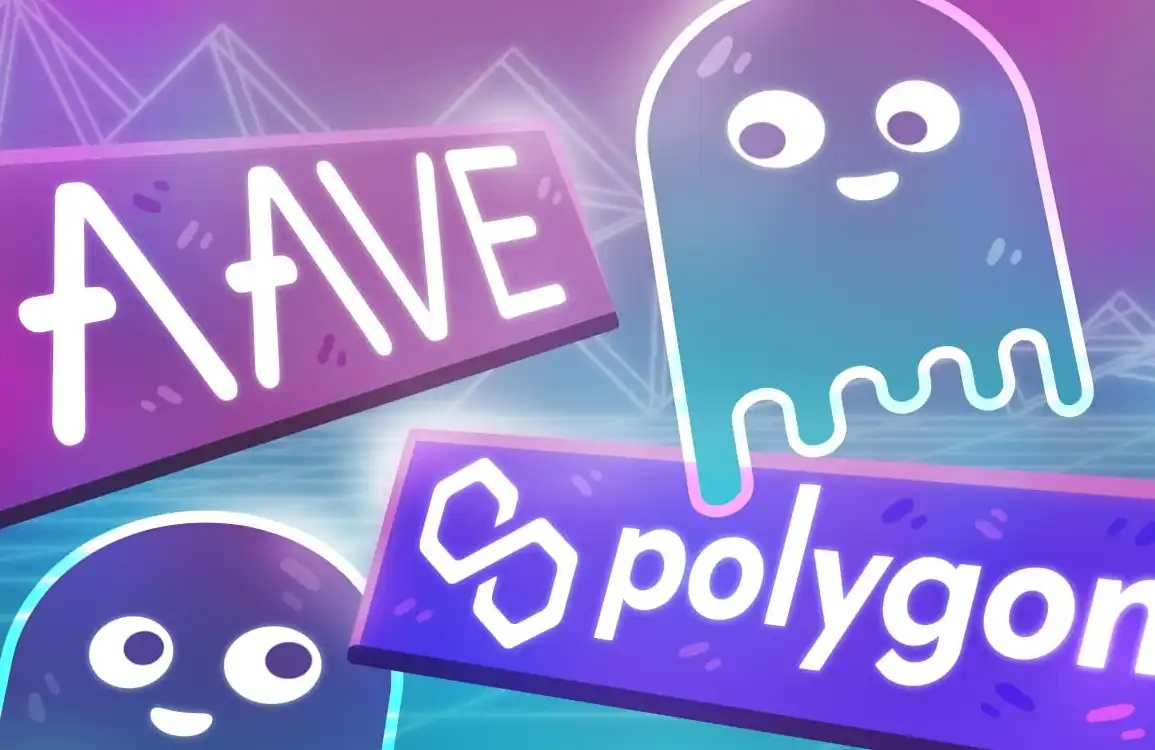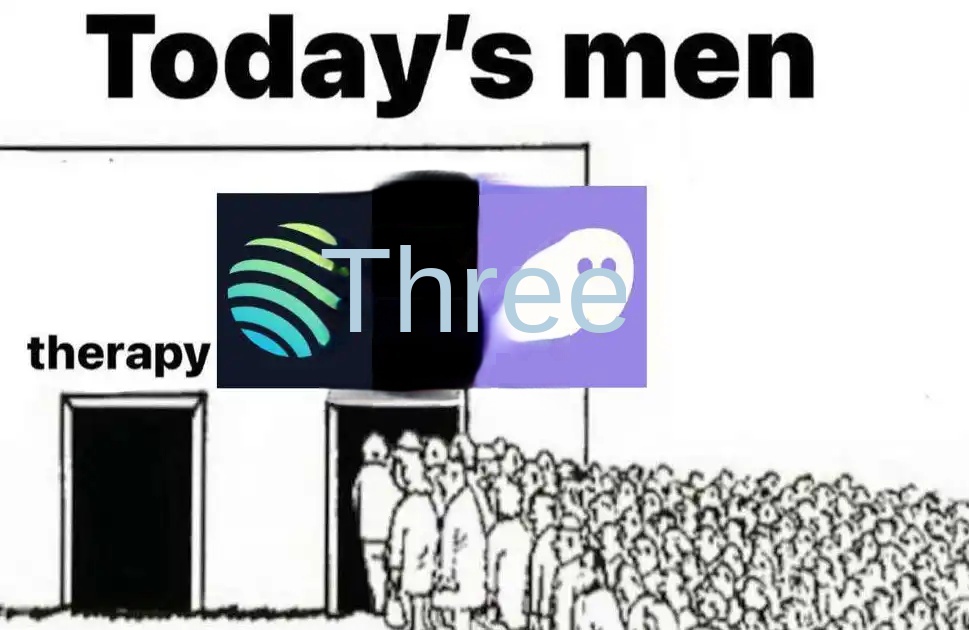Solana Meme Resurgence, What's Trending on-chain?
Although there is a clear trend towards the compliance of cryptocurrency recently, for a while, it seems like all blockchain projects are bringing up topics like "compliance," "institutions," and "policy direction." However, the craze for Memecoin on the chain and ICM projects seems far from over, as if to seize the "last wave" of the online craze, various platforms have chosen to roll out their "ultimate move" at this time.
BlockBeats has compiled and introduced several outstanding targets recently.
The NEETs Who Don't Work
NEET, which stands for "Not in Employment, Education, or Training," originally referred to young people who are neither employed nor receiving education or vocational training (especially those aged 16–24). In Japan in the millennium, the age range of NEET expanded to 15–34 years old and was widely associated with the culture of "otaku" and staying indoors, for a long time being linked to "living at home."

As Internet culture spread, this term gradually entered the subculture circle of Europe and the United States, especially in anonymous communities (such as 4chan /r9k/, Reddit). By the 2010s, NEET had evolved into a form of self-identity and cultural identity for "libertarians." From the comments on 4chan, it is evident that they mostly say what they want, discriminate against women, discriminate against black people, and are self-centered. NEET is not necessarily a real identity but a kind of online personality. Those who call themselves "NEET" often emphasize their disconnection from mainstream society, reject social norms, and even "take pride" in it. It is both self-deprecating and a form of "alternative identity belonging."

Neet is widely used in 4chan's /r9k/ board (Robot9000), and /r9k/ was initially developed by 4chan founder Christopher Poole as an original content filtering system in 2008. The original intention was to avoid spamming and copypasta, which also made the cultural of the board full of creativity with screenshots of discussions for /r9k+1/ (Robot9001), an improved version of /r9k/.
Although when Pumpfun founder alon first bought $neet, the token instantly surged nearly 4 times in a minute, and then quickly fell below the value before the purchase, its price trend has always remained stable. In addition to having many shill "big brothers" and a deep community culture, its Twitter operation is also quite good.

After confirming with the Cookie, who was the first to shout $neet in the Chinese community, it was revealed that Neet's Twitter operations are handled by Primed. Under his operation and that of the community, accounts in this token ecosystem have shifted focus from "price discussions" to emphasizing "cultural trends." The price movement driven by organic community engagement is deemed more authentic and healthy than the changes brought by "whale manipulation." Excellent communication, a deep-rooted community culture, and the team's support have come together to create one of the few "fun memes" in the current ecosystem.

Left: 12 million reads touched, Right: Musk's retweet brought 100 million reads
How is Believe's ICM Process Going
With competitors Bags and Heaven on the same track extinguishing their flames, Believe gradually reenters the limelight today. Its official token, LaunchCoin, which has been on a downward trend for almost a month, has finally begun to rebound. Moreover, today CEO Roy of the AI hot topic "interview cheat" Cluely shared a photo with Believe founder Ben Pasternak, sparking community speculation about a potential collaboration between the two.

Left: Cluely CEO, Right: Believe Founder
Believe seems determined to abandon concepts like "100% fee rotation flywheels" and instead reinforce the positioning of its "ICM platform concept." Following their stay at the luxurious "Aman Tokyo" with girlfriend Evelyn Ha, combined with the slow progress of the platform and the ecosystem gradually "resetting," various emotions in the community led to some "discussions." Ben appears to have refocused on Believe, first acquiring Abode for a better product UI, followed by interesting projects choosing Believe for issuance. So, how are the various new and old projects performing on Believe now?

Believe Ecosystem, Image Source: @PaceTerminal
HUCH: CS2 Skin Lending Platform
HUCH is an on-chain lending platform for CS2 skins, which won the University Prize at the hackathon game track held by colosseum and Solana in July. It was launched on Believe on August 24 and currently has a market value of around $1.5 million.

The overall concept of the product is actually quite simple. The team believes that the Counter Strike 2 skin market now has a market size of nearly billions of dollars, but lacks corresponding liquidity. CS2 skins share many financial attributes with DeFi products. Therefore, they want to create an on-chain platform that transforms in-game assets into financial instruments through collateralized lending. The team integrates real-time market data for accurate valuation, and players can use CS2 skins as collateral to obtain instant cash loans (valued at 65%).

Interestingly, founder Hugo claimed before the launch of HUCH that he sold his Apple computer for the promotion of HUCH and attended a summit event hosted by the well-known crypto "public workspace" Mtn DAO, which was appreciated by the Mtn community's Cobra. There was a discussion in the X community about sponsoring him a computer, which received a lot of community response, with many project team members expressing willingness to sponsor him.

Kled: AI Data Trading Matching Platform
Kled is an on-chain AI data trading intermediary platform designed to connect AI developers with data rights holders, providing trading channels for various data types such as video, audio, and text. The project received a $2 million investment from K5 Capital (K5 has invested in projects like Uber and Xai). Founder Avi Patel dropped out of the University of Illinois at Urbana-Champaign, founded the music copyright platform Nitrility in 2023, and launched Kled in 2024.
Early on, due to a contract deployment issue, the $KLED token price once hit rock bottom, triggering market panic. However, platform founder Ben (Founder of the Believe platform) promptly clarified the contract address issue on the X platform. With the development team continuously updating product features, community confidence gradually recovered. Subsequently, the Kled market cap rebounded to around $10 million and was listed on the Moonshot exchange.
On June 9, Kled V2 announced the next phase of the enterprise contract, "Kled Pages," and unveiled partnership plans with platforms such as YouTube, Twitch, Google Classroom. It also announced a hackathon co-hosted with Stanford University and UC Berkeley. These developments brought more B2B revenue expectations to the platform, enhanced scalability, and ignited FOMO sentiment in the community, driving the $KLED price to a new all-time high market cap of $36 million. After the hype settled, it fluctuated around a $10 million market cap, currently priced at $18 million.

Polycule: Polymarket's Telegram Trading Bot
Polycule is a Telegram trading bot compatible with Polymarket, allowing users to place trades directly via chat commands, bypassing the US restrictions on Polymarket access. It addresses the pain point of the platform's inability to be directly accessed in the US, hence receiving a $560,000 investment from AllianceDAO. With the official announcement of the collaboration between Polymarket and the Telegram bot, the platform charges a 0.01%–0.05% fee per transaction and allocates 30% for buyback and burn, providing deflationary support for the token.
The decentralized prediction market Polymarket gained significant attention for successfully predicting the outcome of the 2024 US presidential election. The platform's popularity and trading volume surged. However, due to regulatory scrutiny, Polymarket was banned in the US, preventing US users from accessing the platform directly. Polycule emerged in this context—it is a lightweight Telegram trading bot integrated with Polymarket, allowing users to participate in on-chain YES/NO prediction trades via chat commands without needing to open the website, enabling convenient participation in the prediction market in regions like the US. By addressing the pain points of Polymarket's mobile and restricted-access use, Polycule secured a $560,000 seed investment from AllianceDAO.
The Polymarket team has expressed support for Polycule — its CEO Shayne followed the Polycule official account. When a user in Platform X inquired about placing bets through Telegram, the Polymarket team responded confirming the availability of the Polycule bot. This official endorsement wave propelled the $PCULE token to its first round of gains. Later, on June 6, social platform X announced a partnership with Polymarket, making the latter X's official prediction market partner and enabling Polymarket's data and prediction results to flow into X's platform content. This news once again pushed the $PCULE price to new highs.
Currently, Polycule charges a 0.01%–0.05% fee on each transaction, with 30% of it used for token buyback and burn to provide deflationary support for $PCULE. Riding the wave of social trading, Polycule rapidly expanded its user base, and the "burn" mechanism of its transaction fees formed a positive feedback loop, driving the token price continuously upward.

DAOSFUN Making a Comeback?
Unlike Believe's focus on ICM, DAOS.FUN aims to bring back the "glow" of Crypto AI on-chain.
LLM: Officially Endorsed Latinx AI Agent Memecoin
LLM (Latina Language Model) is an AI concept Memecoin issued on the DAOS.FUN platform, and its issuer is none other than the platform's founder, @baoskee, self-proclaimed as the "first fully autonomous Latinx AI agent" role-token. As it shared the name with the previous ai16z's replica "Large Language Model" (similar in appearance as well), the project did not gain widespread attention in the early stages, hence had a considerably long entry window (relatively speaking).

However, some veteran traders in the Chinese crypto community like Noobwillwin and 0xNoNo were early participants. According to community information, the LLM founder reserved about 5.14% of the tokens for holdings and also serves as an LLM community moderator, indicating that LLM is not just a regular community coin but an AI concept token endorsed by the DAOS.FUN official team.
Baoskee suggests that the development of AI Agent technology is entering a new era, and in the future, such application-oriented AI tokens are expected to differentiate themselves from the past purely speculative "AI Season" bubble. This differentiation will be achieved through actual products and innovative financial models driving industry iteration. Currently, LLM has not demonstrated any distinctive features in its product compared to previous Crypto AI projects. However, Baoskee's endorsement has directly propelled its market value to $20 million.

$Drink: The Microstrategy of Liquor Assets
BAXUS is an RWA project that the DAOS.FUN platform is focused on, receiving recommendations from Baoskee and prominent investor Mike Dudas, among others. This project has built an on-chain trading market for premium whiskey and wine on the Solana network, aiming to address the inefficiencies and illiquidity issues of the traditional high-end liquor collectibles market. On the BAXUS platform, rare liquor bottles can obtain trusted digital ownership certificates: collectors send physical bottles to the BAXUS Vault, a professional temperature-controlled warehouse, for storage. Each bottle of liquor is then scanned with high precision and forged into a unique NFT, serving as the on-chain proof of ownership for that bottle of liquor. Both buyers and sellers can access the platform globally at any time and support various payment methods such as credit cards, ACH, wire transfer, and cryptocurrencies/USDC for transactions. Users can view real-time price trends, trading volume, and historical records for each liquor, and any bottle traded or stored on BAXUS can be withdrawn in physical form at any time or retained in the Vault for resale, with transaction efficiency far exceeding traditional auction methods.
Meanwhile, Drink is the token of the DAO organization promoted by the BAXUS founder, who has introduced an alcohol "microstrategy" concept.

DAO members can vote on the acquisition, management, and ultimate fate of specific liquor types or casked spirits. Decisions include selling, holding, or sharing (drinking).

During yesterday's surge in LLM popularity, Baoskee also opportunistically recommended Drink, causing its price to skyrocket by 100% in a short period, now valued at $600,000.

Welcome to join the official BlockBeats community:
Telegram Subscription Group: https://t.me/theblockbeats
Telegram Discussion Group: https://t.me/BlockBeats_App
Official Twitter Account: https://twitter.com/BlockBeatsAsia
 Forum
Forum

 Finance
Finance
 Specials
Specials
 On-chain Eco
On-chain Eco
 Entry
Entry
 Podcasts
Podcasts
 Activities
Activities
 OPRR
OPRR









